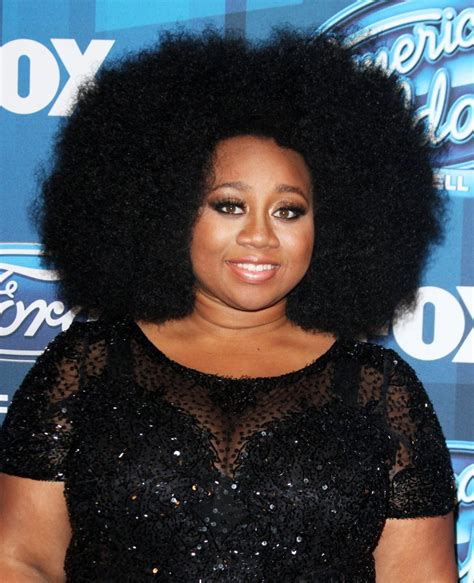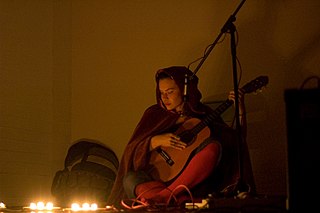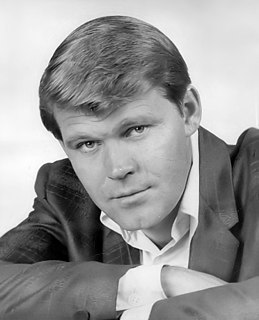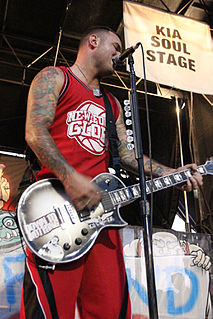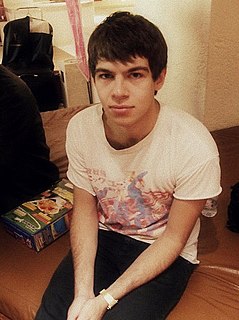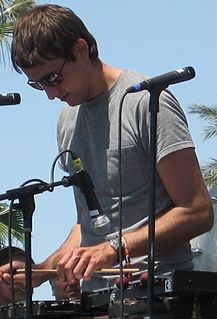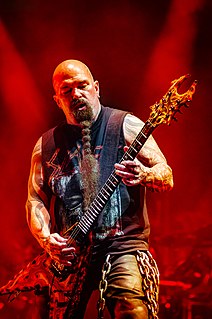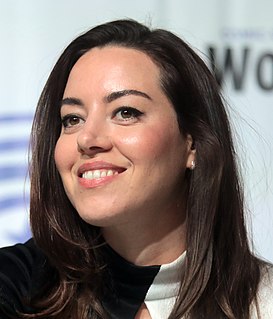A Quote by La'Porsha Renae
A lot of my fans wanted a kind of 'in your face' song. They wanted a song that exemplifies me overcoming the situation I was in and just that triumphant kind of song. So, I felt like I wanted to go ahead and get that out of both of our systems with 'Good Woman'.
Related Quotes
With the song 'This Christmas' I wanted to do something that was kind of different. I mean, Donny Hathaway is an amazing artist. So I wanted to bring my flavor to the song so when people over the age of 45 or 50 hear it they'll be like 'OK, he did his thing with that record.' It's like I can appeal to everybody and not just a younger demographic.
it's about a love song to myself, and a love song to the universe, kind of like the way that Song of Solomon consists of love songs to God or like the way Sufi poems are erotic love songs to God, I kind of wanted something like that. Because I was getting to know myself more deeply at this point. I've always been on this track where I wanted to be enlightened.
I wanted the past to go away, I wanted to leave it, like another country; I wanted my life to close, and open like a hinge, like a wing, like the part of the song where it falls down over the rocks: an explosion, a discovery; I wanted to hurry into the work of my life; I wanted to know, whoever I was, I was alive for a little while.
But once you've made a song and you put it out there, you don't own it anymore. The public own it. It's their song. It might be their song that they wake up to, or their song they have a shower to, or their song that they drive home to or their song they cry to, scream to, have babies to, have weddings to - like, it isn't your song anymore.
Walt had a seat-of-the-pants approach on what he wanted musically. We kind of 'read' the boss and had a very high batting average, but there were occasions when he felt we had just written the wrong piece for the situation he wanted. We invariably listened to what he wanted - he was very descriptive in what he wanted and we could read him. We'd go back to the drawing board and work out what he wanted. He was a great inspiration, but a tough taskmaster.
